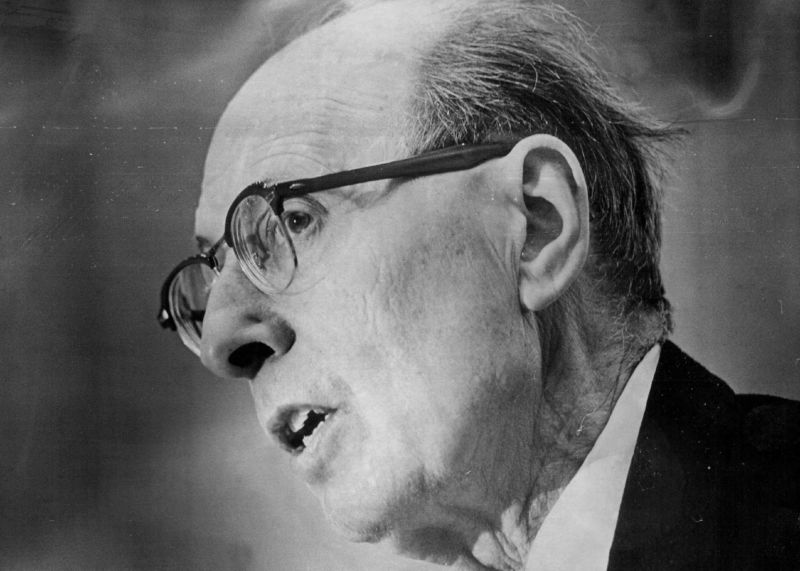Quantum reality is either weirdly different or it collapses

Enlarge / Eugene Wigner. (credit: Denver Post Inc (Photo By David Cupp/The Denver Post via Getty Images))
Quantum mechanics, when examined closely, poses some deep questions about reality. These questions often take the form of thought experiments, which are later (usually much later) followed up by real experiments. One of the most difficult and deepest of these is a thought experiment proposed by Eugene Wigner in the 1960s, called "Wigner's friend" (you don't want to be Wigner's friend). Now, much later, Wigner and his friend have been formalized and extended. The result sets us up with a contradiction: either reality is a lot stranger and less real at the level of quantum mechanics, or quantum states cannot possibly exist at large scales.
Don't be Wigner's friendTo understand why Wigner shouldn't have any friends, we have to first dive into some details of quantum mechanics. Imagine measuring the spin of a single electron. Spin has an orientation in space, but it is not possible to measure that orientation. Instead, we have to choose an orientation and measure the spin along that orientation. So we might ask an electron if its spin is vertically upward or downward. The result (all else being equal) will be either up or down with 50 percent probability.
Let's say we measure the spin and find that it is up. Any subsequent measurements will confirm it is up, as well. The measurement has defined the vertical spin component (a process often called wave function collapse). But it says nothing about the horizontal component of the spin-the horizontal component will remain in a superposition of left and right spins. That means that if we rotate our apparatus so that we are measuring spin left and right, the result will be random-the electron will be either spin-left or spin-right with 50 percent probability.
Read 13 remaining paragraphs | Comments